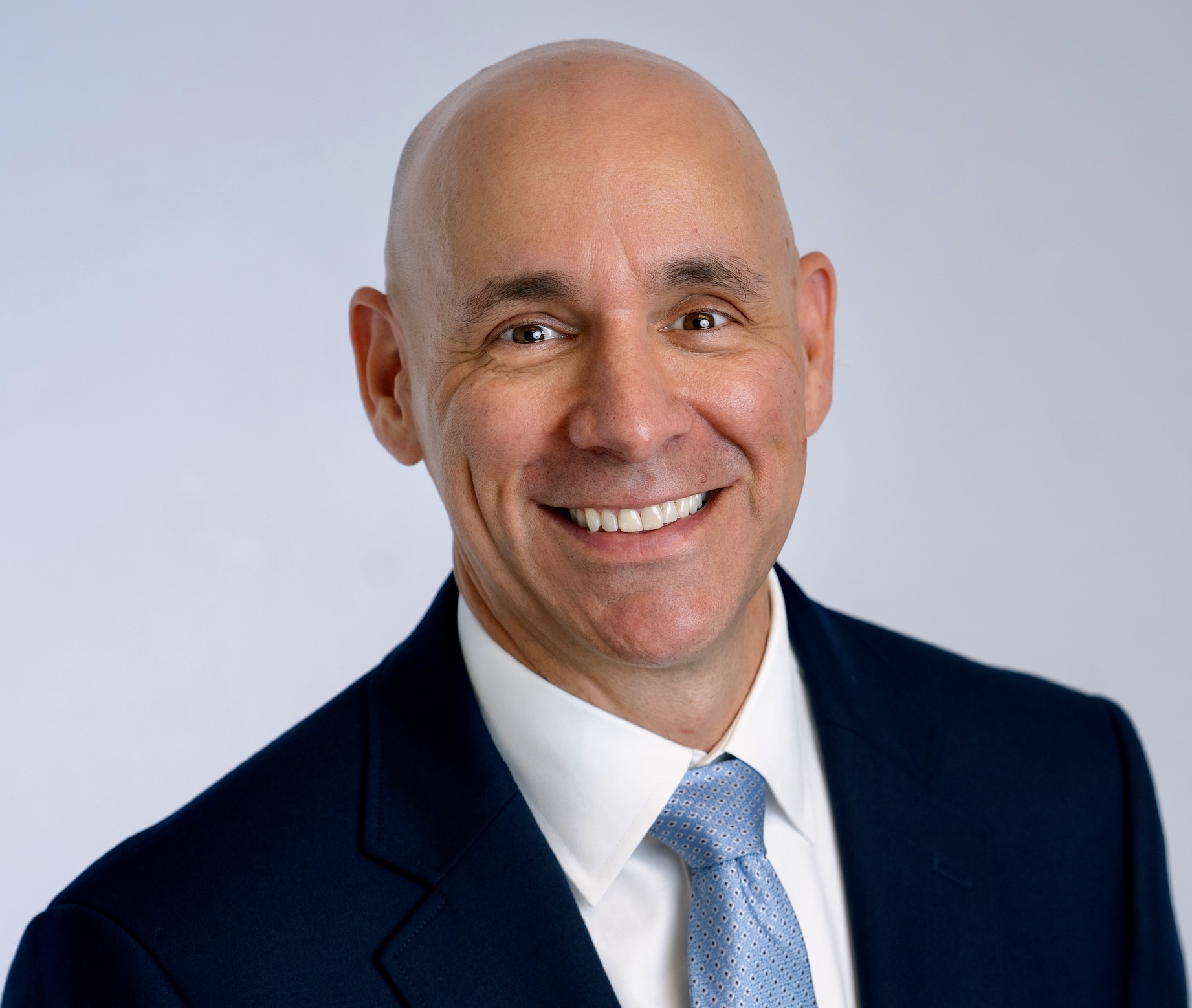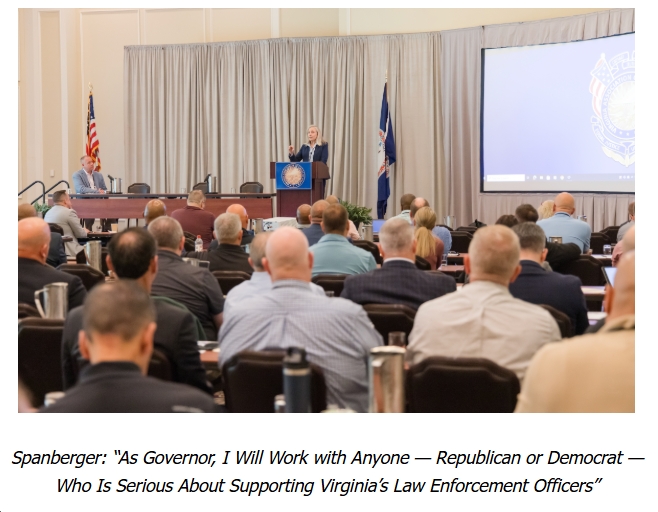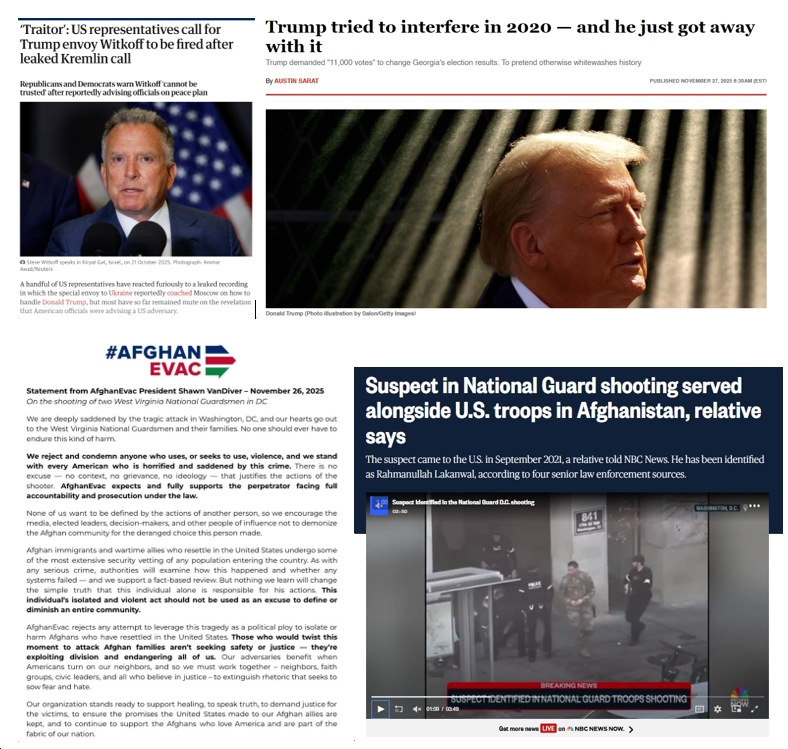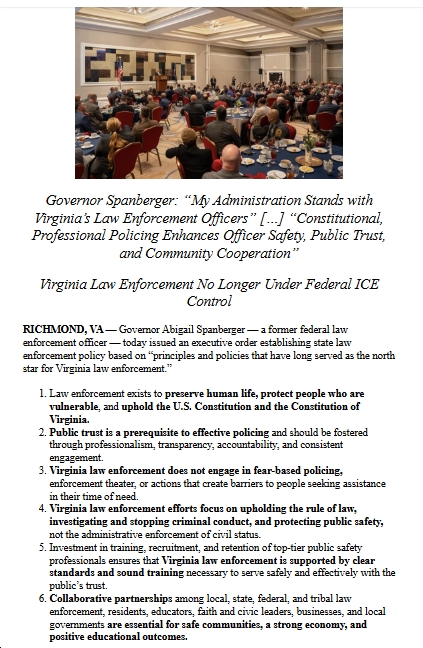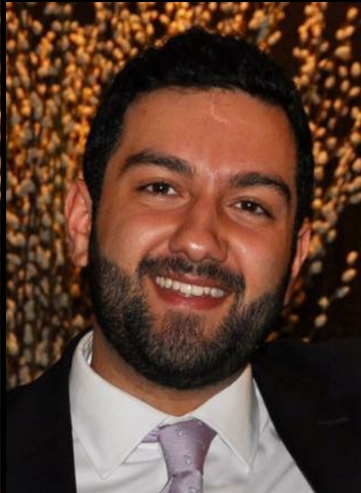Guest column by Steve Descano, who spent six years as a federal prosecutor, is a current member of the Fairfax County Police Civilian Review Panel, and has worked with the Fairfax County NAACP on criminal justice reform issues
A common sense criminal justice reform sweeping the nation has secured a foothold in Virginia. On April 23, Richmond Commonwealth’s Attorney Michael N. Herring announced that his office would no longer seek cash bail for defendants awaiting trial. Instead, prosecutors in his office will assess whether a defendant is a risk to the community. For those prosecutors deem low-risk, Mr. Herring’s office will recommend to the judge—who who has the final decision on bail matters—that the defendant be released without bail, but with appropriate pretrial conditions. For individuals prosecutors determine are a danger to the community, Mr. Herring’s office will recommend that those individuals be held without bail. In either case, a defendant’s financial status will be irrelevant. Mr. Herring’s plan to end cash bail is a prudent and practical reform that will help equalize how rich and poor are treated by the criminal justice system and stop one of the drivers of mass incarceration, all while maintaining community safety.
Cash bail undercuts the foundation of our criminal justice system: the idea that rich and poor should get the same access to justice. According to a recent Bankrate survey, 61% of Americans have less than $1,000 in savings. For that majority, even a modest amount of bail would prove unattainable and result in being incarcerated without conviction. This problem is not theoretical. The Vera Institute for of Justice found that more than 60% of people are in jail because they are too poor to afford even low bail. Under a cash bail system, whether a person sleeps at home or in a cell can be determined solely by how much money they have.
Such a wealth-based incarceration system is offensive to our most cherished ideals of fairness and justice.
In addition to simply being unjust, cash bail is a major driver of mass incarceration. The inability to afford bail, even for a relatively short time, wreaks havoc on the still-legally-innocent individual’s life. They likely will lose their job. The loss of their job increases the likelihood they will lose their housing. If they are single parents, their children face the prospect of being placed in foster care. The consequences of being poor and in the criminal justice system are immense and so is the pressure. In fact, the pressure on these individuals is what disposes of many cases. In their desperation to get out of jail and keep their lives and their families’ lives intact, people will often take ill-advised plea deals simply so they can return home sooner. This happens with alarming regularity: a study by the New York City Criminal Justice Agency found that being detained dramatically increases the likelihood of a defendant pleading guilty. Even if these people are released without further incarceration, they are now “in the system” and will have a greatly increased chance of later being incarcerated.
If cash bail kept our communities safe, the consequences would still be troubling. But cash bail does not keep us safe. It is all downside and no upside. Dangerous people who are out on bail won’t cease to be dangerous because they paid a few hundred dollars. The payment of money simply has no relation to an individual’s ability to keep the peace. The factors that do relate to safety are known and are largely quantifiable. Counties and states across the country have developed effective tools to determine whether releasing someone before trial would pose a danger to the community. We should be relying on those tools—which have been proven to work—and not on outdated and scientifically unsound fallacies that do nothing but criminalize poverty.
We should applaud Commonwealth’s Attorney Michael N. Herring for his decision to stop recommending cash bail. His actions will make our criminal justice system fairer and help stem the tide of mass incarceration. And it will not make our communities any less safe. An individual is either too dangerous for pretrial release or not. That person’s financial standing is irrelevant. It is a common sense idea that has finally made its way to Virginia.

